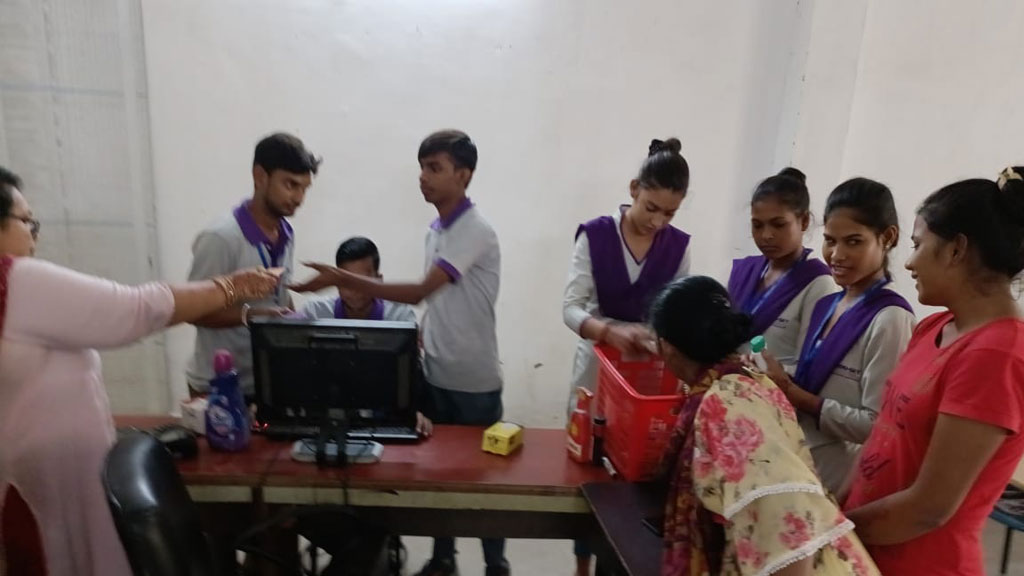In today’s rapidly evolving global landscape, Corporate Social Responsibility (CSR) has emerged as a powerful force for positive change. As businesses recognize their broader responsibilities beyond profit generation, a significant focus has been placed on investing in education and skill development as key pillars of CSR initiatives.
1. Bridging Gaps in Access to Education:
One of the primary impacts of CSR in education is the narrowing of gaps in access to quality learning opportunities. Many corporations are actively contributing to building schools, providing scholarships, and supporting educational infrastructure in underserved communities. By doing so, they foster change at the grassroots level, enabling individuals to access education that might otherwise be out of reach.
2. Skill Development for Employability:
CSR initiatives are increasingly aligning with the growing demand for skilled workers. Companies are investing in programs that provide vocational training, apprenticeships, and skill development courses. This not only addresses the skills gap prevalent in various industries but also enhances employability, creating a more competent and agile workforce.
3. Empowering Women and Minorities:
CSR in education goes beyond the conventional approaches by specifically targeting marginalized groups. Many corporations are initiating programs that empower women and minorities, ensuring they have equal access to education and skill-building opportunities. This inclusive approach fosters societal change by promoting diversity and breaking down barriers to entry in various professions.
4. Leveraging Technology for Education:
The advent of technology has revolutionized the way education is delivered. CSR initiatives often leverage technology to bring education to remote areas, offering e-learning platforms, digital resources, and connectivity solutions. This not only fosters change by democratizing access to education but also prepares individuals with digital skills essential for the modern workforce.
5. Sustainable Development and Environmental Education:
CSR is not limited to traditional academic education; it extends to fostering environmental awareness and sustainable practices. Many corporations are investing in initiatives that promote environmental education, sustainable development, and conservation efforts. This broader perspective on education contributes to a more holistic approach to CSR, addressing not only immediate societal needs but also long-term sustainability.
6. Community Engagement and Collaboration:
The impact of CSR in education extends beyond monetary contributions. Many corporations actively engage with communities, collaborating with local educational institutions, NGOs, and government bodies. By fostering partnerships, CSR initiatives become more sustainable and have a lasting impact on education systems, creating a collaborative approach to positive change.
In conclusion, the impact of CSR in education and skill development is profound and far-reaching. By fostering change at multiple levels, from individual empowerment to community development, CSR initiatives play a pivotal role in shaping a brighter and more inclusive future. As businesses continue to embrace their roles as agents of positive change, the impact on education and skill development is poised to grow, leaving a lasting legacy of empowerment and progress.
- By admin

